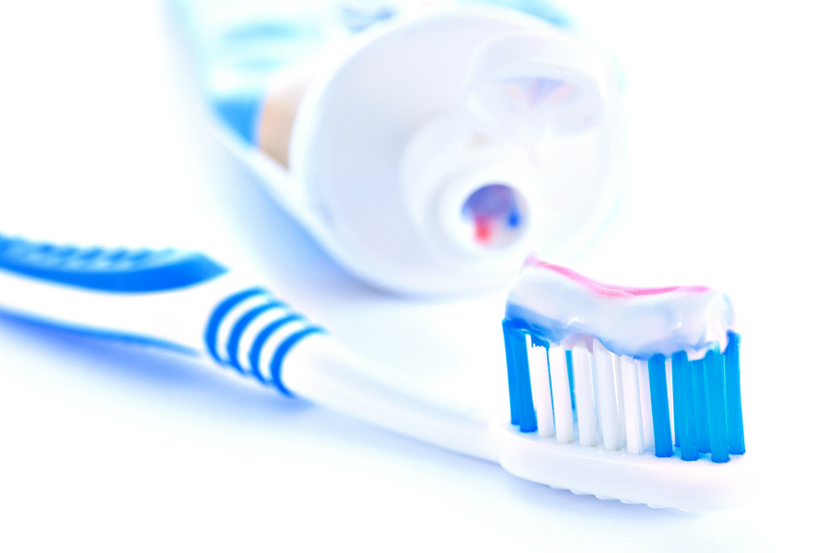
Fluoride is a mineral that can be found everywhere, but we consume it most often through our drinking water. You may be wondering why fluoride has been added to our water and if it’s healthy. This article will give you the facts on fluoride.
Fluoride Sources
Fluoride is a mineral that can be found in nature, such as in soil, air and water, and in very small amounts in most foods. We also get exposed to fluoride through dental products, like mouthwash and toothpaste, and by drinking tap water.
What does fluoride do for our teeth?
Fluoride helps to make our tooth enamel (the tooth’s outer layer) stronger. Strong tooth enamel can help prevent cavities.
Why has fluoride been added to tap water if we can get it from food and other sources?
Adding fluoride to our tap water has been shown to be the most effective and inexpensive way to offer fluoride protection to the largest number of people. Research has shown that in places where fluoride is added to the water, there is a noticeable decrease in the rates of tooth decay and cavities, especially in children.
About 70% of Ontarians live in areas with fluoridated water. In Ontario, your local government decides whether to add fluoride to the water. The amount of fluoride that can be added to water is regulated by the Ontario Ministry of the Environment. If you’re unsure about whether fluoride is in your water, contact your local public health unit.
Fluoride concerns
Children
Young children (under 6 years of age) who are still forming teeth can develop dental fluorosis. This is a condition that occurs when fluoride causes white and brown spots to appear on the teeth. While not pleasing to look at, this condition is not harmful and can be treated by the dentist. Dental fluorosis does not usually occur in adults or older children.
The reason some younger children have dental fluorosis is because they are being exposed to more fluoride than they need to keep their teeth strong. Not only are they getting fluoride from tap water, but also other beverages made with water that has fluoride added, as well as toothpaste that is swallowed by accident.
Health Canada recommends that children under six use no more than a pea-sized amount of toothpaste. They should be supervised while brushing and taught not to swallow the toothpaste. Children under three should have their teeth brushed by an adult, without toothpaste, unless deemed high risk.
If you’re concerned about the amount of fluoride your child may be getting, speak to your dental provider.
Adults
Adults who consume too much fluoride can suffer from skeletal fluorosis. This is a condition that occurs when bones become brittle. While painful, it is not life threatening. This disease is very rare in Canada as we are not exposed to the levels of fluoride where we would be at risk.
What about bottled water and fluoride?
Most bottled waters do not have fluoride added to them. Many adults and children are now drinking bottled water more often than tap water – and there is some research to suggest that this may be causing an increase in cavities. If bottled water is your main source of drinking water, consider how much fluoride you may be getting in a day. Look for brands of bottled water that have fluoride or use tap water for cooking.
The bottom line
Fluoride is a mineral that can help make our teeth stronger and prevent cavities. Public health measures such as adding fluoride to the water have contributed to reducing the rates of tooth decay, especially in children. Most Canadians are not exposed to harmful levels of fluoride and should feel safe about the affect of fluoride on their dental health.
Resources
The Truth about Sugar FAQs
Fluoride FAQs Canadian Dental Association
Fluoride and Human Health, Health Canada
Last Update – August 15, 2018